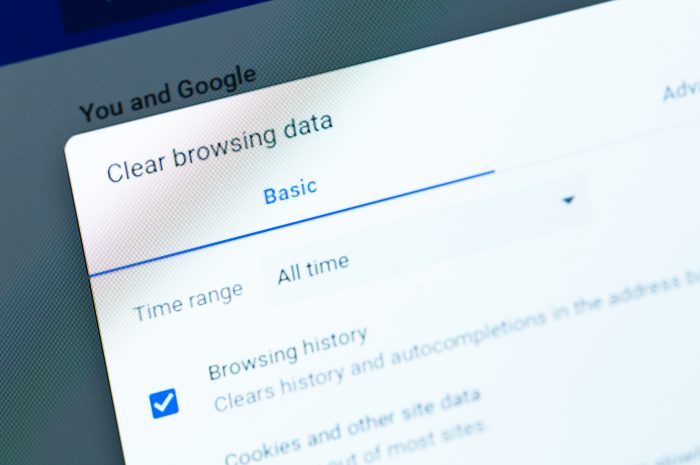You may have read that Google has announced they are not proceeding with the plan to phase out third-party cookies in Google Chrome. Hurray! …we think?
This is a big shift in the tech giant’s approach to privacy and this has significant implications for advertisers and their customers.
But what does this mean I hear you ask? Well, when we have conflicting feelings, a good old pros and cons list might help. Let’s dive into the upside and drawbacks of this decision.

Pros
Continued Ad Effectiveness
Let’s be honest, when the initial depreciation of cookies was announced, without much planning of alternatives it made us marketers feel a tad on edge. Third-party cookies are instrumental in precision targeting and remarketing strategies.
Lesser Uncertainty
With these cookies staying around, we can continue to deliver personalised ad experiences and reap the benefits those bring in terms of user engagement and conversion rate. There is also no immediate rush to invest in alternative tracking tech.
User Control
This new approach isn’t a straightforward backtrack. It includes an opt-in system which respects user autonomy, and leads to greater transparency with advertisers and Google alike. This decision aims to balance both user privacy and ad effectiveness.
Cons
Privacy Concern
The biggest criticism of third-party cookies was invasive tracking without explicit consent. This decision could be seen as a setback in the broader movement towards online privacy.
Regulatory Scrutiny
It’s also not a done deal, UK regulators such as Competition and Markets Authority (CMA) and Information Commissioner’s Office (ICO) will have concerns around this decision. Continued regulatory pressure might result in future changes to the existing cookie landscape, so marketers – relax at your own peril.
Increase Dependence on Google
This decision plays into Google’s hands nicely, it could well disadvantage smaller competitors or alternatives by retaining its capability and therefore market share.
This decision will be a contentious one. The average consumer is likely to have a more defined side of the fence when it comes to online privacy. Our view is that it takes away some of the immediate pressures for advertisers desperately trying to plan for that cookieless future, we also believe there’s still far too much yet to unfold to know if it will achieve an acceptable level of user privacy with this new approach. There’s much more to come for the future of cookies, so stay tuned and we will bring you more as this unfolds.
If you would like to help navigating the world of online cookies and data, get in touch with our team of Data Specialists today.

